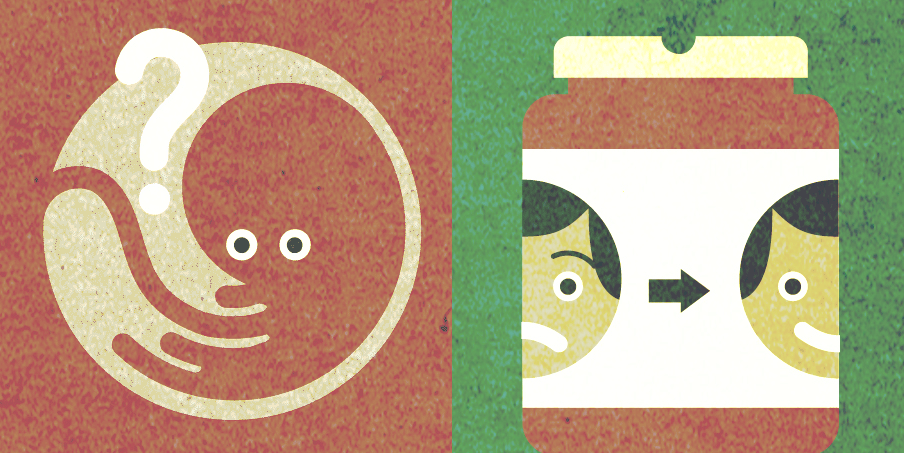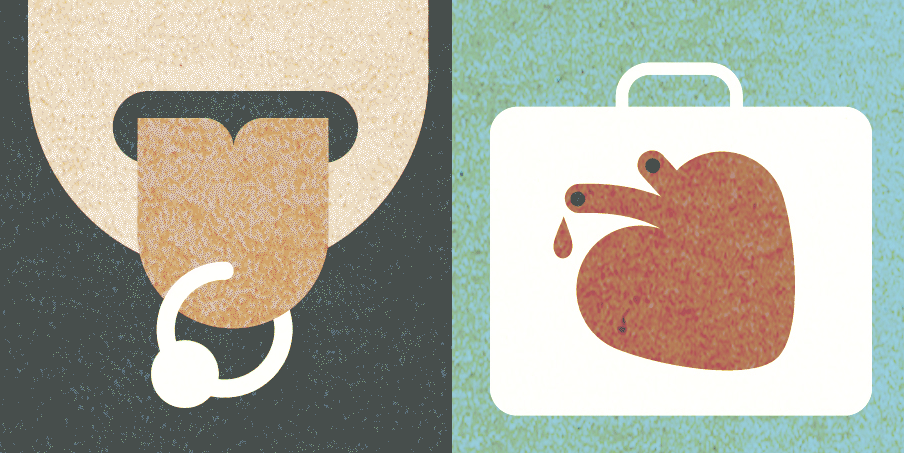The Ethical Challenge
The ethical challenge. The Danish Council of Ethics advises and creates debate on biotechnology, which affect human life, our nature, the environment, and food. The Council also works with ethical issues related to the health care sector.
The Council realized some difficulties in the broadening of ethical debates – especially in relation to younger people.
In cooperation with the Council, we have developed the Ethical Challenge as a web and Facebook app that allows users to compare their own ethical positions with positions of others.
Users can decide on a number of ethical dilemmas and can compare and discuss their own attitudes with others.
The Ethical Challenge has been the Council’s so far most successful campaign in terms of activity and user involvement.
Examples of ethical dilemmas in the challenge:
Late abortion. Your sister aged 35 is expecting her first child. An amniocentesis has shown that it is a girl with Turner’s Syndrome. Therefore, the girl will not be able to have her own children, she will be rather small and can also have other problems, such as a congenital heart defect. Your sister is 16 weeks pregnant and have applied for permission to undergo a late abortion. But the application has been refused. Now she is considering to go abroad to get an abortion. Do you think she should do it?
Pills against anxiety at graduation. At a party one of your friends is telling you that he gets very nervous when he goes to the exam. Therefore, he thought about going to the doctor to get a prescription for beta blockers, which control heart rhythm and prevents other symptoms of anxiety, for example, quivering voice, sweatiness and shaking hands. If he takes the pills, he expects that the exam will be less unpleasant, and that he will perform better. He has also heard that it is no longer so unusual to use that kind of pills at graduation and other stressful situations. Do you think he should try to get the pills?
Piercing. You have a friend who is 15 years and plans to get a nipple piercing. Her parents do not think it is such a good idea. She has researched the market and found a very skilled piercer who has a reputation for making piercings that do not fail or give inflammations. Your friend asks you if you think she should have the nipple piercing made?
Organ trafficking. Your friend is suffering from kidney disease and is on a waiting list to receive a kidney from a national donor. There is no suitable living donors, so he must wait until there is a brain-dead patient who is registered as a donor, or where the family has given permission for donation. He has been on the waiting list for a year and it is possible he may have to wait several more years. He is being treated with dialysis 15-20 hours a week, his quality of life is very poor, and he can not work. Therefore, he is considering to go to India, where he can buy a kidney from a living donor. What do you advise him to do?


